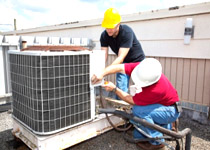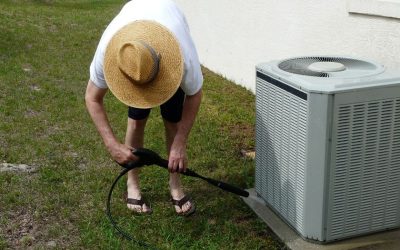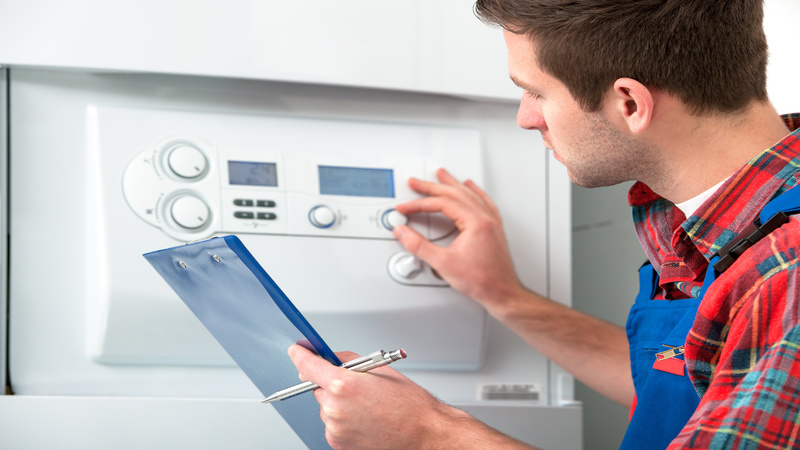Your furnace is the last thing that you want to replace. However, there are times when you have no other option than to install a new heating unit. Macon, GA HVAC technicians will assist by inspecting and evaluating your heating system to determine what kind of condition it is in. If the system has simply stopped working or outlived its suggested lifespan, replacement is the obvious choice. There might be other signs that you didn’t think of, though, that could indicate a replacement is necessary before the system fails.
Furnace Age
The typical furnace is designed to operate effectively for about 15 years. Many models will last far longer, but that doesn’t mean they should still be in operation. If nothing else, it eventually becomes difficult to find parts for an older furnace. Not to mention that it may be costing you a small fortune in higher energy bills simply because it is past its prime. This is the leading cause of furnace replacement for most homeowners.
Humidity or Dryness Issues in the Home
A new, properly operating furnace will provide the proper balance of moisture in the air of your home. Especially in homes with wood floors, excessive dryness can result from the constant use of an older furnace. If the air in your home is excessively dry during the winter months, it could be your furnace. Most people don’t realize that their heating unit has anything to do with keeping their home at the right humidity, but an older system will suck all the moisture out of the air and push out more dry air as it heats the home.
Increasing Energy Bills
Most people see their energy bills rising and blame utility companies. While rates certainly do change over time, they might not be the only thing impacting your bill. An older system or one that isn’t operating effectively could cost you a lot more in monthly heating costs. If you see this, an energy audit might be a good place to start.
Excessive Dust Production
One area that heating unit Macon, GA techs will pay attention to in their audit is the dust and particle production by the system. An efficient, maintained system should produce minimal dust and other particles in the air. Over time, dust, dander, soot, rust and dirt can build up in the furnace and the ductwork. Especially in a forced air heating system, this dirt and dust are then pushed out into the air that you breathe and settles into your home.


